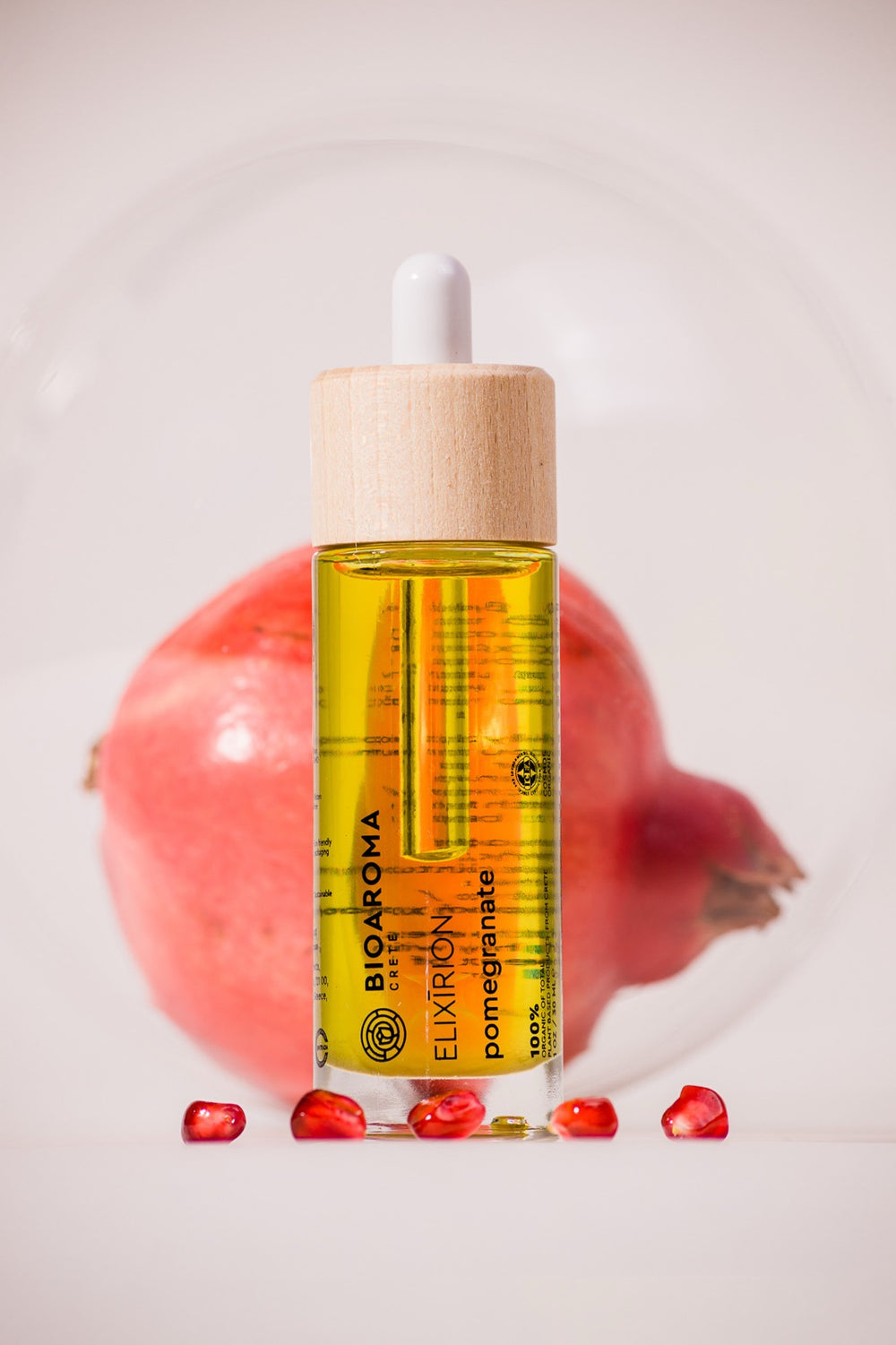
It has a strong insect repellent and antiseptic action. It also helps in the treatment of digestive disorders. Organic basil oil is perfect for those moments you want to add a Mediterranean note to your cooking but you do not want to overpower the flavors of corn or tomato. Try dissolving 2-5 drops in 100ml of organic olive oil and pour over bread on the grill, throw it in the pasta with seafood or pour over a cold summer soup or greek salad. Pure essential oils are very concentrated, and therefore should be used in small amounts and never ingested undiluted or directly from the bottle.
b. Surfaces: Apply 5 drops on a damp cloth and use to clean surfaces.
You may also like
We always proudly
100%
natural content
Eco friendly
packaging
Gluten
free
Inspired by
Minoan recipes
Non
GMO
Preservative
free
Pure
essential oils
Sustainable
Vegetarian
Water free
formula













